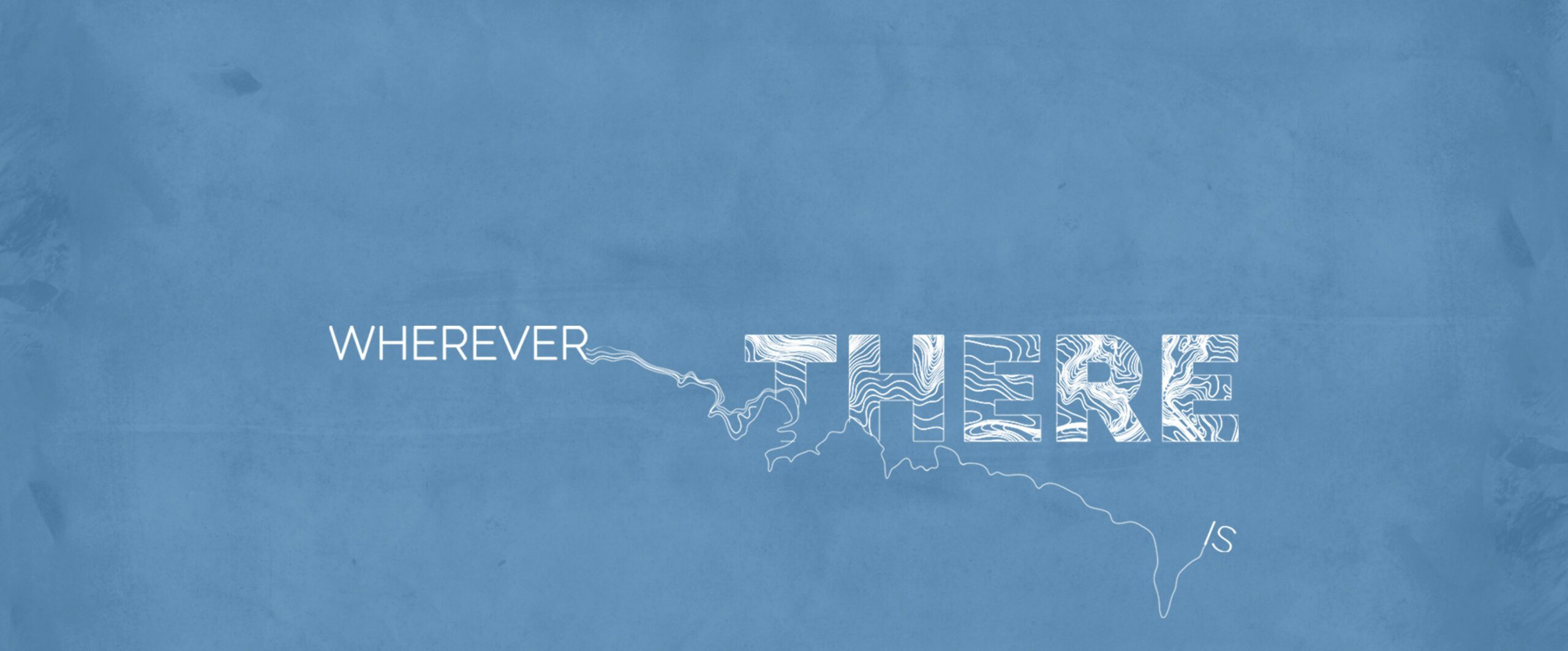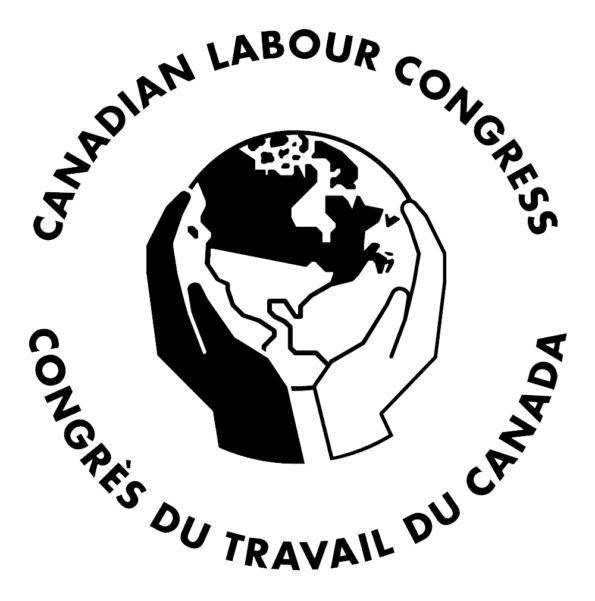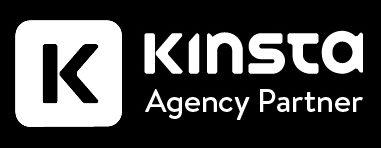

Not just for you, but for me—to help understand how I got there—wherever there is. And now that I’ve pieced together my story, I’m not sure what it all means, but maybe that’s the point. Maybe our stories are never finished. You are welcome to READ THE STORY ONLINE or DOWNLOAD AN EBOOK. If you want to have a print version you can pay for the printing costs through Blurb and order a copy for yourself.
Here’s my story.
Many years ago I traveled to Africa for the first time. Uganda.
In the fall of 2007, Zoe went back to Queen Victoria School on Vancouver’s east side. Her teacher, Perry Buchan, heard bits and pieces about our trip from her seven-year-old perspective, which inspired him to integrate a section on water into the school’s curriculum.
So it feels like this story should end here, right? Wrong. My experiences in Cheku invigorated me to do more and we conjured up a plan to transition Moshi’s cultural tours into a full-on safari company, fully integrating the environmental projects in the process.
Today, in a tiny little village in Tanzania—one that isn’t even on the map—there is a 170-meter-deep hole in the Earth that supplies water, using solar technology, to seven distribution points around the village of Iyoli. This is the story of how that happened.





